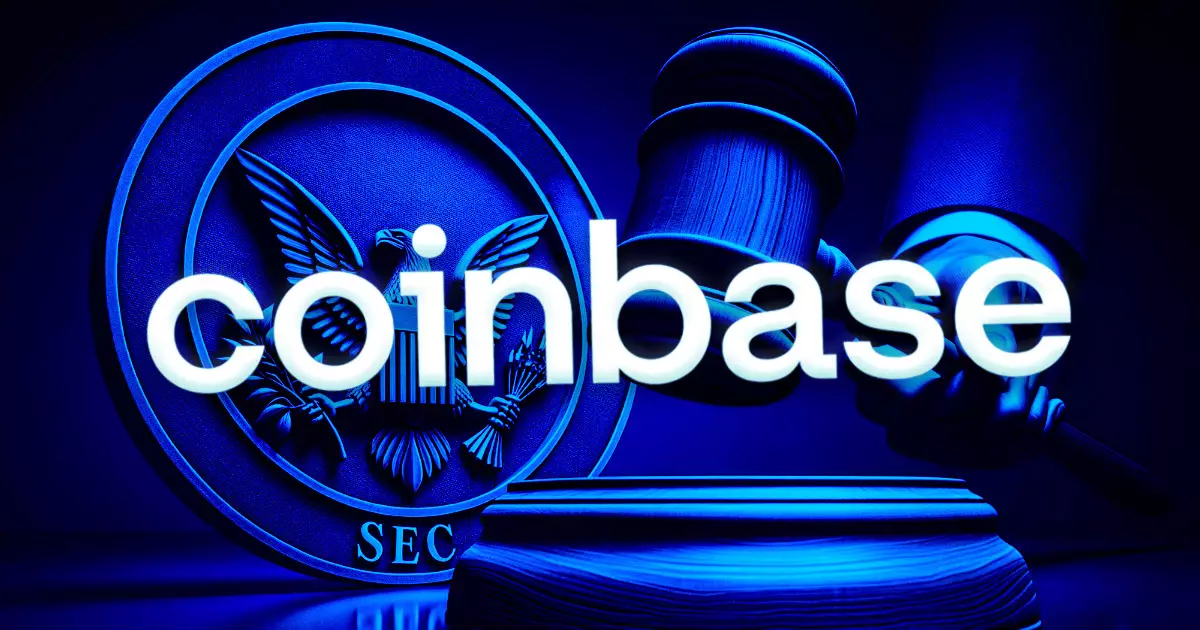In a bold move, Coinbase has openly criticized the Securities and Exchange Commission (SEC) for turning down its rulemaking petition, deeming the decision as “arbitrary and capricious.” This critique was officially lodged in a petition filed on March 11 with the US Court of Appeals for the Third Circuit.
Should Coinbase’s efforts to challenge the SEC be successful, the regulatory body would be obligated to establish precise guidelines that demonstrate its authority over digital assets and provide compliance directives for the burgeoning industry. Coinbase firmly asserted that the SEC’s denial not only constitutes an abuse of discretion but also violates the Administrative Procedures Act.
One of the key points raised by Coinbase was the lack of substantive reasons provided by the SEC for disregarding the concerns outlined in the petition. Paul Grewal, Coinbase’s legal chief, highlighted the inadequacy of the SEC’s perfunctory denial, emphasizing the absence of a concrete rationale for its decision. This was particularly significant considering the multitude of valid concerns raised by Coinbase in its petition, including fundamental questions regarding the SEC’s jurisdiction over the digital asset space.
The brief submitted by Coinbase also shed light on the persistent challenges faced by the company and other crypto firms in navigating the regulatory landscape, portraying the SEC’s seeming inclination towards enforcement actions. Grewal observed that the SEC’s regulatory approach, characterized by enforcement measures, is detrimental to both American consumers and innovation within the industry.
Regarding its registration status with the SEC, Coinbase clarified that it did not register as a national securities exchange or an alternative trading system due to the absence of securities being offered on its platform. The company underscored the lack of clear guidelines from the SEC regarding the application of securities laws to digital assets. Furthermore, Coinbase argued that the realm of cryptocurrency falls beyond the SEC’s jurisdiction due to the absence of a comprehensive regulatory framework for digital asset securities.
Grewal emphasized that even if the SEC believed it possessed the authority to assert control over digital assets, it was imperative for the regulatory body to justify its stance through a thorough rulemaking process, allowing for public scrutiny and challenge. However, this requisite procedure had not been followed in the case of Coinbase’s petition, contravening legal obligations.

